Separation and divorce can put enormous pressure on families, especially families with young children. Parental alienation occurs when one parent attempts to eradicate the relationship between the children and the other parent, and it makes this strenuous situation even worse. So, what is the impact of parental alienation on both the alienated parent and children involved, and how is this issue handled under Australian family law?
What is Parental Alienation?
Parental Alienation, or Parental Alienation Syndrome (PAS), is a term coined by an American psychiatrist in the 1980s and describes the act of one parent turning their child or children against the other parent. Tactics and strategies often used in this type of conduct include emotional manipulation, programming and brainwashing.
What this ultimately leads to is a damaged relationship between the alienated parent and their children. Both the alienated parent and children are also at risk of suffering severe psychological trauma as a result of these false allegations.
This term is widely used and accepted in Australian family law cases, especially when it comes to high-conflict custody and parenting disputes.
What Are Some Examples of Parental Alienation under Australian Family Law?
There are many examples of parental alienation, but some common examples that the courts in Australia might see include:
- Criticising or belittling the other parent in front of the child;
- Sharing unnecessary details of the separation or divorce with the child;
- Using the child to ‘spy’ or share information about the other parent;
- Deliberately making the child unavailable to the other parent;
- Suggesting the child has been abused or harassed by the other parent without any evidence, and;
- Monitoring phone calls and other forms of communication between the child and the other parent.
How Do the Courts Deal with Parental Alienation?
While the courts can deal with cases of parental alienation under Australian family law in extreme cases, generally, your first approach should be to resolve the issue with dispute resolution techniques such as Mediation or Collaborative Law.
If these methods do not work, the alienated parent can take the issue to court. As with any children’s matter, the court will always consider what is in the best interests of the child. Under section 60CC of the Family Law Act 1975, the primary considerations for this are:
“(a) the benefit to the child of having a meaningful relationship with both of the child’s parents; and
(b) the need to protect the child from physical or psychological harm from being subjected to, or exposed to, abuse, neglect or family violence.”
If it can be proven that there is evidence of family violence, including psychological harm, then the need to protect the child from physical psychological will come first ahead of any other consideration.
What You Should Do If You Experience Parental Alienation?
If you’re experiencing parental alienation and negotiating with your ex-spouse on your own accord has been unsuccessful, then you should consider dispute resolution as a next step. At Emerson Family Law, we offer both Collaborative Law and Mediation services. The key differences between these two services is that Mediation requires a neutral third party to remain impartial and offer no advice, whereas, Collaborative Law allows for both parties and their lawyers to work together to resolve the conflict.
If these techniques do not work for your parental alienation situation, you should obtain legal assistance from an experienced family lawyer and seek an order through the Australian family law system. This court order allows the alienated parent to request a change in the child’s primary residence from one parent to the other. Remember, your child’s welfare should be your top priority when dealing with parental alienation. Make sure you do not over-share your opinions or concerns with your child during this process.
Suffering From Parental Alienation? Seek Legal Assistance From Emerson Family Law
Under Australian family law, parental alienation should always be taken seriously. If you are experiencing alienation and you would like to discuss your concerns and resolve the issue as soon as possible, contact the friendly team at Emerson Family Law. We can work with you to resolve any conflict through Collaborative Law, or, we can represent you in court to seek an order to change the child’s primary residence. Please get in touch to speak with us via email or phone.



